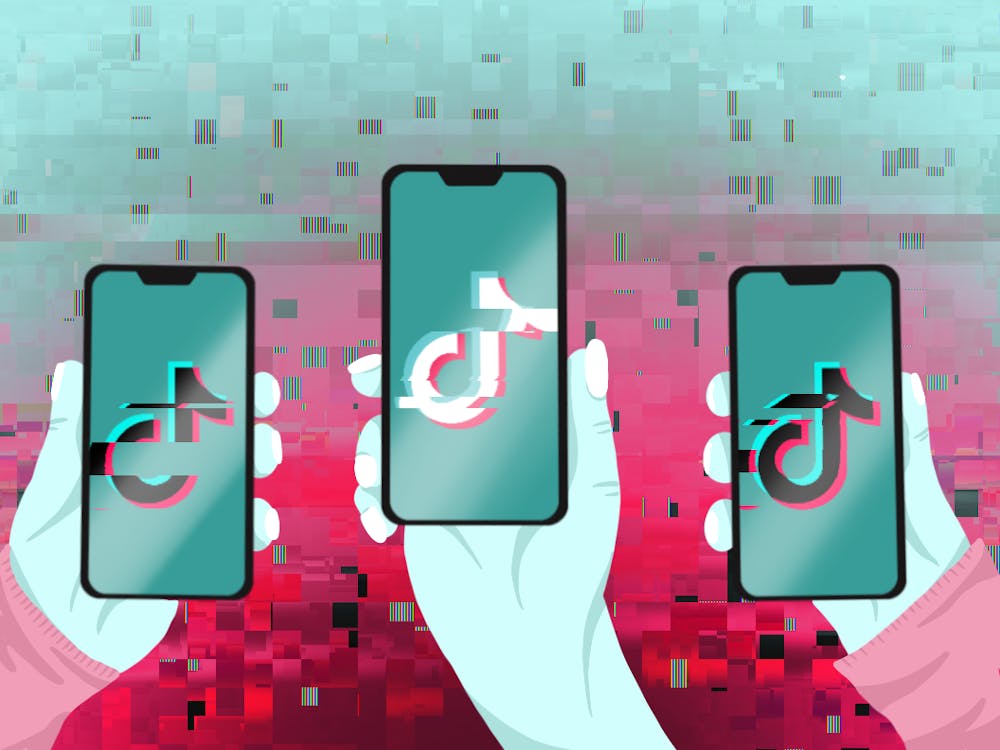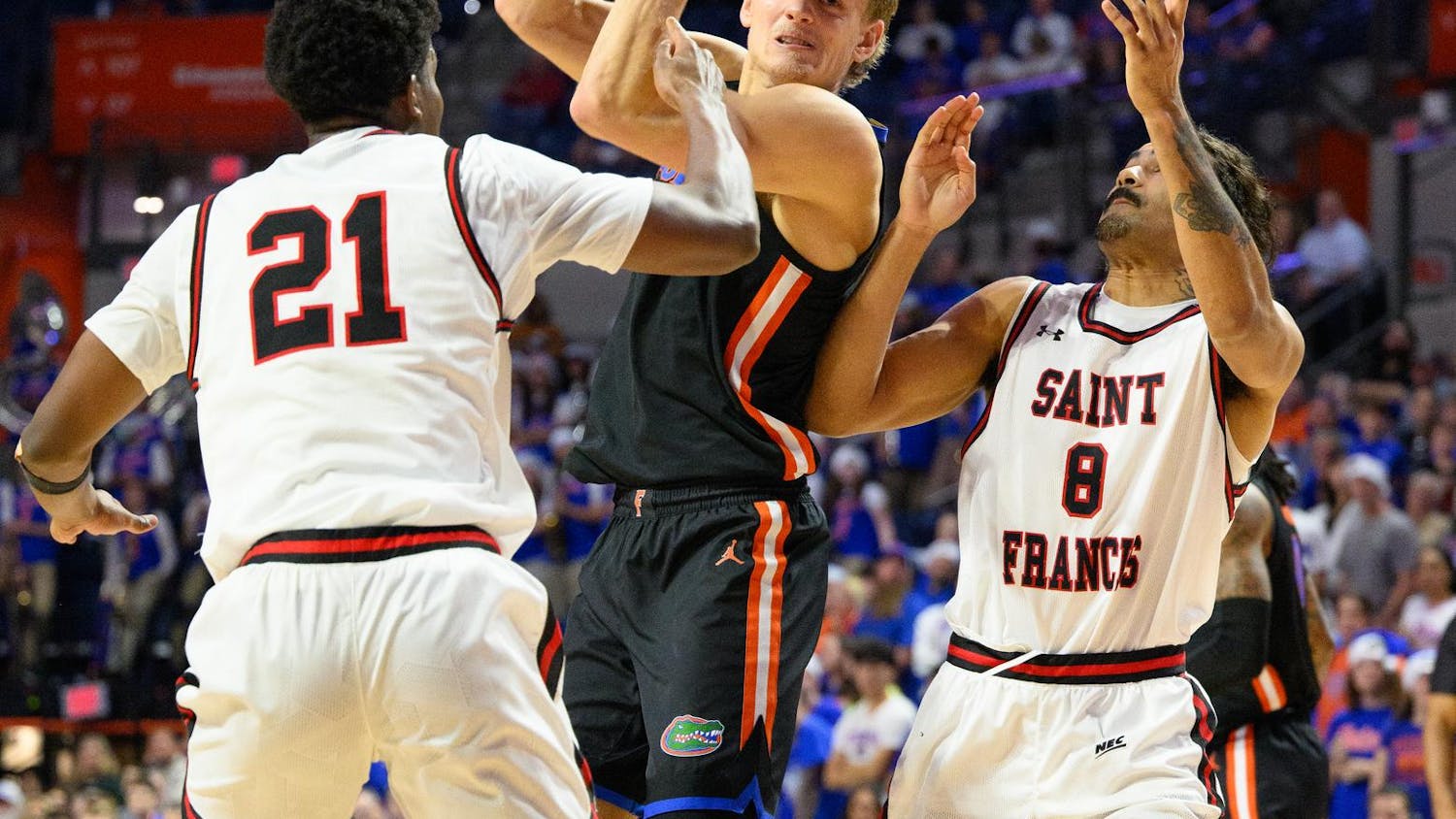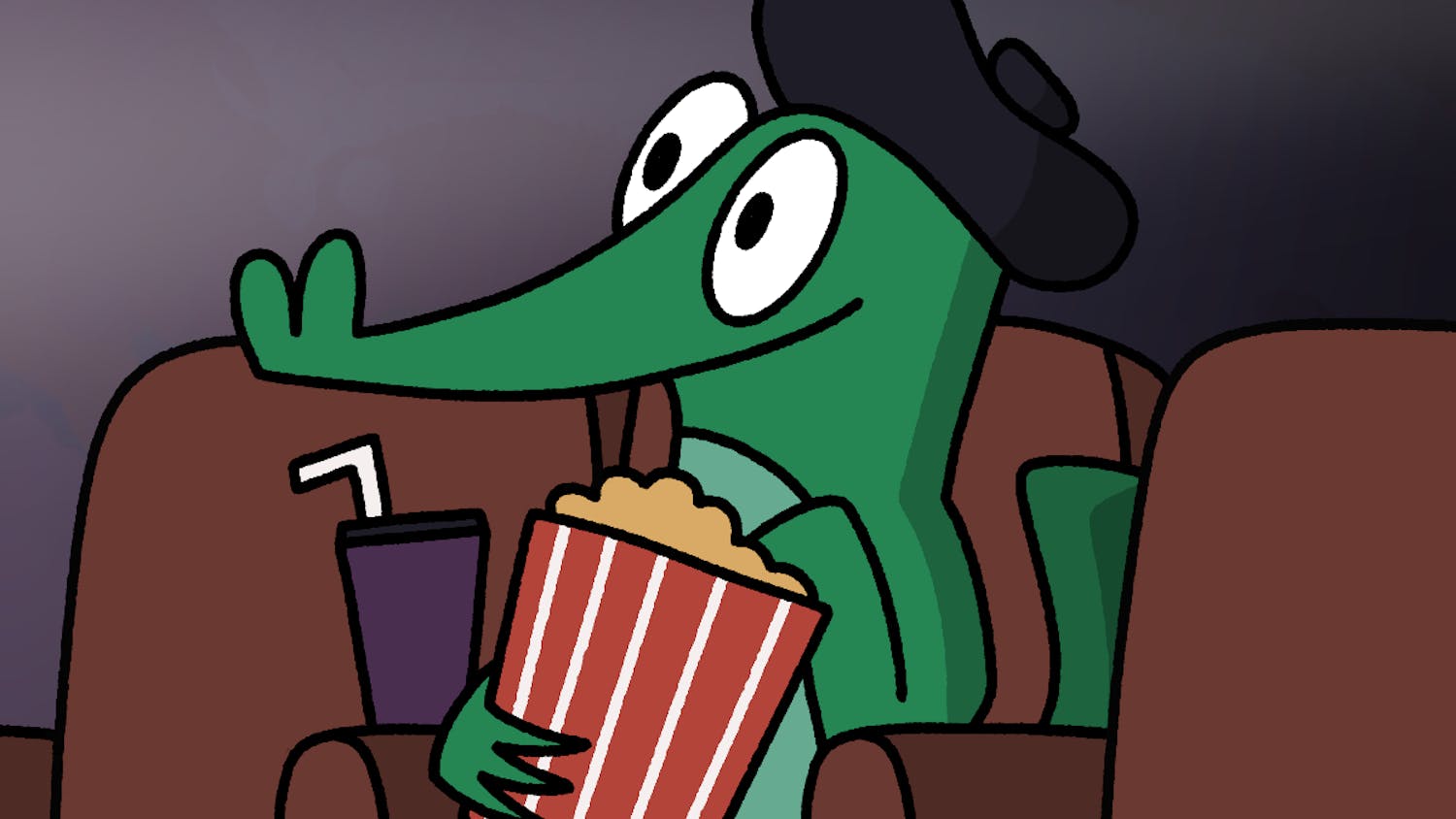As of April 5, UF students have been unable to use TikTok and WeChat on campus Wi-Fi, among other applications deemed a cybersecurity risk after UF complied with a Florida Board of Governors directive.
The applications have been banned from UF’s Eduroam and guest Wi-Fi and are prohibited from university devices. UF will also cease any marketing efforts on these apps, encouraging their deletion on personal devices, according to the statement.
UF’s FAQ page states university-affiliated accounts will not be deleted to retain the usernames, encouraging social media managers to transition to similar platforms such as Instagram Reels.
The university’s official TikTok account has over 110,000 followers and 1.6 million likes, featuring videos targeting potential students and showing off UF’s campus. But TikTok’s cybersecurity threat outweighs the marketing benefits, UF spokesperson Cynthia Roldan wrote in an email statement.
“TikTok is but one tool in a robust and thriving social media ecosystem,” she said. “With the ever changing nature of social media marketing, we’re constantly pivoting and refreshing tactics. We will continue to share our story as we engage with our audiences on other platforms — and those yet to come.”
Students reacted to the announcement in a variety of ways, mostly opposing the ban.
Thomas Cusido, a 19-year-old UF political science sophomore, uses TikTok for one to two hours a day to stay tuned to current events and engage with activists, he said. Not allowing the app on the university network will stifle student activism.
“[The ban] will isolate us from other college students around the country who are organizing on TikTok,” Cusido said.
Alex Owens, a 19-year-old UF biochemistry sophomore, said while UF isn’t to blame for complying with the regulation, the ban is hypocritical because the same data privacy standards aren’t enforced for domestic platforms.
The most affected will be international students, he said.
“For those who rely on the university's Wi-Fi network and those who might be international students and need the Wi-Fi to use something like WeChat to contact family back home, I think that'll have a much bigger impact on them,” Owens said.
This announcement comes as the Digital Bill of Rights, a plan for data security heralded by Gov. Ron DeSantis, gains national attention. The plan bans all social media platforms with ties to China on state government devices and on public school campuses, including colleges and universities. In particular, TikTok has created controversy in the legislature and on campus.
A state education panel approved an emergency regulation March 29 mandating bans on apps on the State University System Prohibited Technologies list, created based on information originating from threat intelligence sources such as the U.S. Department of Homeland Security, the FBI and the Florida Fusion Center. The currently banned apps are Kaspersky, VKontakte, Tencent QQ, TikTok and WeChat.
WeChat is a messaging app with over 1.3 billion users, the majority of which live in China. Some international UF students fear they may lose connection with family overseas. Although most major messaging apps, such as WhatsApp and Facebook, are banned in China, WeChat isn’t.
“We are proud gators, but at this moment we feel excluded and targeted as if we do not belong here,” UF’s Chinese Student Association wrote in a statement April 5. “We are UF students as well, and it saddens us to see our school stand behind such a targeted piece of legislation.”
In a similar statement posted on WeChat, originally written in Mandarin Chinese, CSA took a more aggressive tone, saying it had reason to believe the ban was an act of racism against Chinese students, scholars and faculty members.
Jarvis Wang, a 20-year-old UF marketing sophomore, immigrated from China to the U.S. and uses WeChat and QQ to communicate with his family back home.
The TikTok ban didn’t surprise him, but he was shocked to learn WeChat and QQ were prohibited because of their primarily Chinese user base.
“I just want to continue using [WeChat] with my parents,” he said.
Alan Levine, chair of the BOG’s strategic planning committee, has encouraged the ban since the beginning of the year and emphasized the threat of TikTok to academic and intellectual property on Florida campuses at the board meeting.
“It gives [universities] the flexibility to adapt to whatever other dangers come down the pike,” Levine said, “But I’ve seen enough and heard enough to know that this is an immediate threat to our faculty in their research.”
Levine first became wary of Chinese efforts to steal research and technology from academic institutions when he learned about the Thousand Talents program, which incentivizes members to steal foreign technologies to advance Chinese goals according to the FBI.
Participants receive financial and professional benefits for their cooperation and have aided China with military technologies, nuclear energy, wind tunnel design and advanced lasers.
As a BOG representative to the H. Lee Moffitt Cancer Center Board of Directors, Levine became familiar with the Thousand Talents program when it was revealed the board’s CEO was involved, violating conflict of interest rules.
“He was one of the world's leading researchers in cancer, and had become ensnared with this program,” Levine said.
Levine ultimately chose to pursue the ban across the State University System because of the FBI director’s testimony before Congress March 8, he wrote in an email to The Alligator.
At the meeting, FBI Director Christopher Wray testified before the Senate Intelligence Committee that the Chinese government could use TikTok to control American software.
Other government officials, such as Assistant Secretary of Defense for Space Policy and Principal Cyber Advisor to the Secretary of John Plumb, testified China could use TikTok to collect American data.
“All we can do as a governing body is to make sure TikTok and other possible entities are unable to access our state technology,” Levine said. “[We will] do our best to ensure students are aware of the risks to themselves of hostile actors having so much access to their personal information, web history and very private data.”
The BOG will likely vote on a permanent regulation at its next meeting May 10, Levine said.
Contact Peyton at pharris@alligator.org. Follow her on Twitter @peytonlharris.

Peyton Harris is a third-year English major and Senior News Director for the Alligator. In her free time, she likes to doomscroll on Twitter and crochet.






